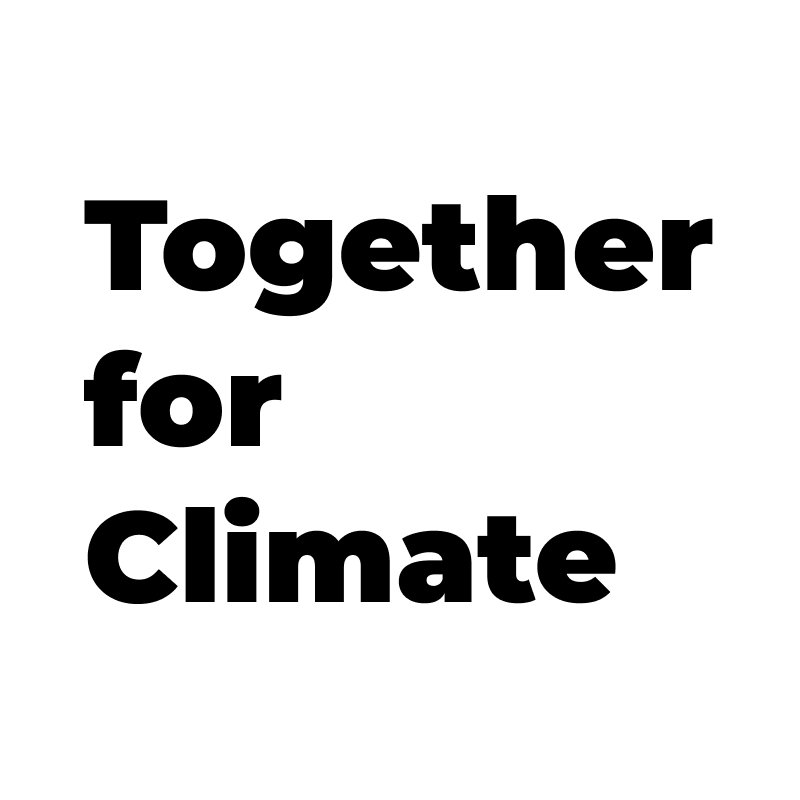Climate Snippets
-
Climate change refers to significant alterations in global temperatures and weather patterns over time. While it has occurred naturally for millions of years, recent decades have seen a rapid increase due to human activities, primarily the burning of fossil fuels, leading to global warming and severe environmental impacts.
-
Climate change consequences include extreme weather events, rising sea levels, melting polar ice caps, loss of biodiversity, and increased health risks. It impacts agriculture, leading to food scarcity, and exacerbates water shortages. Economically, it can cause significant damage to infrastructure and increase recovery costs.
-
The climate change situation is increasingly urgent, with escalating global temperatures, melting ice caps, and more frequent extreme weather events. Efforts to mitigate impact through international agreements and renewable energy adoption are ongoing, but challenges remain in curbing greenhouse gas emissions.
-
People can combat climate change by reducing carbon footprints through actions like using public transportation, consuming less meat, recycling, using energy-efficient appliances, and supporting renewable energy sources. Advocacy for environmental policies, community engagement, and educating others about sustainability are also crucial for driving systemic change.
-
Rainforest protection involves conserving and restoring tropical rainforests to safeguard their biodiversity, support indigenous communities, and combat climate change by preserving their role as significant carbon sinks. It includes legal measures, sustainable management practices, and efforts to halt deforestation and land degradation.
-
Permafrost thaw refers to the warming and subsequent melting of permanently frozen ground in polar and subpolar regions, caused by rising global temperatures. This process releases previously trapped greenhouse gases, exacerbating climate change, and can destabilize infrastructure and alter ecosystems in affected areas.
-
Sustainable protein supply alternatives include plant-based options like legumes, nuts, seeds, and soy products, which have lower environmental footprints. Insect protein, lab-grown meat, and algae-based proteins also offer eco-friendly alternatives, reducing reliance on traditional livestock farming, which is resource-intensive and contributes significantly to greenhouse gas emissions.
